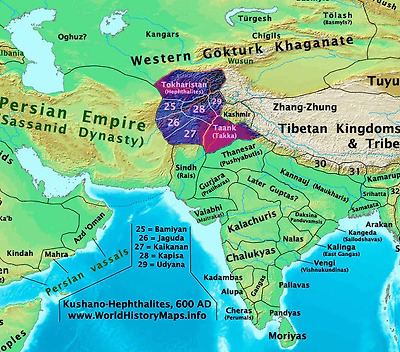

Islam’s Indian slave trade (Part i) in Islam’s genocidal slavery: part I. India has a deep, long cultural history. Pre and post the early days of Islam, Indian. Study the causes for the Arab invasion, early. The story of Muhammad Bin Qasim’s invasion of Sindh is one of the romances of history. Arab invasion of Sindh.1843. Download as DOC, PDF, TXT or read online from Scribd. Documents Similar To Sindh Chronology. Arab conquest of sindh 1st published is a book that you can find here. The provided soft file book of this PDF will give the amazing situation.
Arab conquest of Sind was of great significance and impact, politically, socio-culturally, religiously, intellectually and even economically. Though the Arabs were not the actual conquerors of India, they were the path finders and torch bearers. The conquest was a great give and take.
Historians attach little importance to Arab rule in Sind, but though the visible traces of Arab ascendancy have been obliterated, its invisible effects were many and far-reaching. Most of them, of course, relate to the province of Sind, which has been called “the Hijaz of the Indo-Pakistan sub-continent”.
Effects of the conquest of Sind: Lane Poole, “the Arab conquest of Sind is an episode in the history of India and of Islam, a triumph without result”. Professor Syed Abdu Qadir Shuja-ud-Din, ” After the conquest of Sind a large number of scholars, traders inhabited in Sind. Ithaca Skb 100 Serial Numbers.
Local people embraced Islam. Today Sind is the same Islamic region like the Iraq and Egypt, in these circumstances we cannot deny the greatness of t he Arab conquest of Sind, its historical importance and its consequences”. M.Kabir, ” undoubtedly establishment of Islamic government in Sind is the greatest event in the history of Islam and sub-continent”.
1- Little effect in Political Sphere: There is no doubt that Arab conquest was confined to Sind and Multan only and the major portion of northern India was not directly affected. Expeditions were send against Hindu princes of the north, but the Rajputs were too strong to be defeated. Idm Crack Full Version Windows 8. The sudden death of Muhammad bin Qasim and fruitless help of the Khalifah had greatly shaken the Arab stability in Sind.
Within the decline of the power of the Khalifah, territories of Sind were divided into independent states. A- Qasim’s attack revealed the political and military weakness of sub-continent: The Indo-Pakistan sub-continent presented a chequered picture of warring dynasties and of small kingdoms hostile to one another on the eve of the Arab invasion. Crash Bandicoot 3 Iso File. There was no central government in the country. All these states enjoyed complete independence and sovereignty. The same situation was on the occasion of the invasion of Alexander the Great. Throughout the history of the sub-continent they united on few occasions otherwise they were fighting for the supremacy on one another.
It was proved from the Muhammad bin Qasim’s invasion that people of sub-continent could not unite from against their common enemy. If they are managed to form a confederation against a common enemy then they also cannot get their goals. Because in their army there is lack of uniformity and discipline.
They belong to different areas and princes thus could not fight bravely and secondly their main problem was lack of leadership. Thus the attack on Sind revealed their political and military weakness which were helpful for the establishment of Muslim Empire in the sub-continent in the later periods. The arrangements made by Muhammad bin Qasim with the non-Muslims provided the basis for later Muslim policy in the sub-continent. B- Arab soldiers settled: Most of Arab soldiers settled in Sind for good and some of them married Sindi women. The Arab and Hindus lived side by side in peace and amity for a long time. The Arabs left a legacy behind in the shape of buildings or administrative or cultural institutions that might have exerted influence on India. C- Legacy of Arab Administration: The Arabs were not only great warriors and conquerors, but also good administrators.